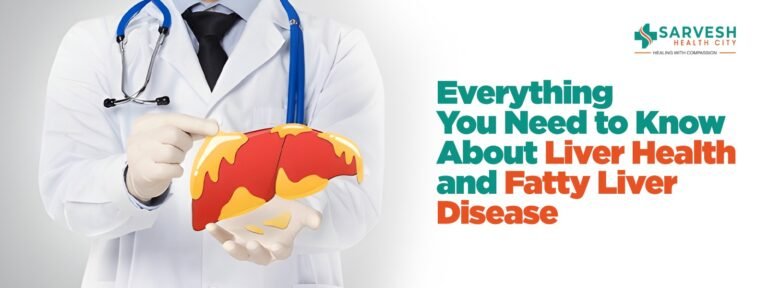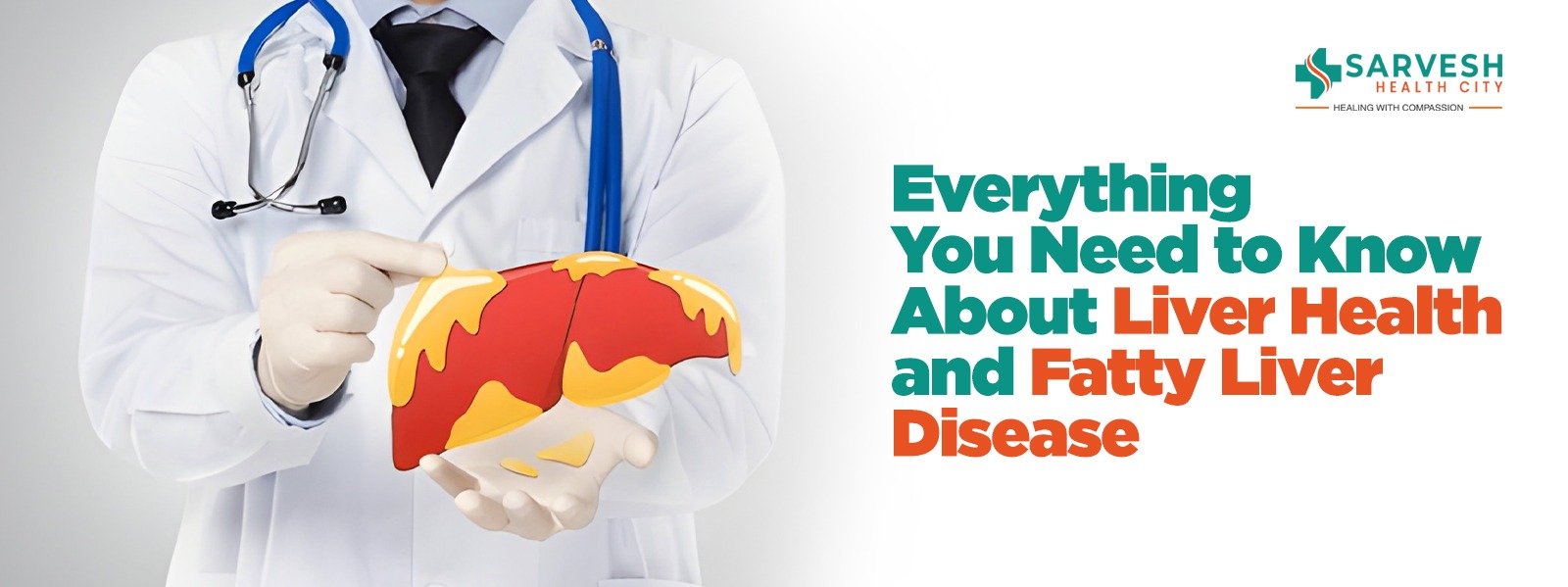- Specialities
- Center of Excellence
- Specialitites
- ANAESTHESIA & INTENSIVIST
- BREAST SURGERY
- CRITICAL CARE
- DERMATOLOGY
- DIALYSIS
- DENTISTRY & MAXILLOFACIAL SURGERY
- ENT
- INTERNAL MEDICINE
- INTERVENTIONAL RADIOLOGY
- LAPAROSCOPIC & GENERAL SURGERY
- OBSTETRICS & GYNAECOLOGY & COSMETOLOGY
- OPHTHALMOLOGY (EYE CARE)
- PEDIATRIC CARE & NEONATOLOGY
- PHYSIOTHERAPY & REHABILITATION
- Services
- AMBULANCE SERVICES (24/7)
- BONE MARROW TRANSPLANT
- BLOOD CENTER (OPEN 24/7)
- EMERGENCY SERVICES (AVAILABLE 24/7)
- LAB AND PATHOLOGY (OPEN 24/7)
- NEONATAL INTENSIVE CARE UNIT (NICU) & PEDIATRIC INTENSIVE CARE UNIT (PICU)
- NUTRITION & DIETETICS
- PHYSIOTHERAPY & REHABILITATION SERVICES
- PREVENTIVE HEALTH CHECKUPS
- PHARMACY (OPEN 24/7)
- PET/CT SCAN
- RADIOLOGY & IMAGING SERVICES
- Blogs
- Health Library
- Our Empanelment
- About Sarvesh
- Specialities
- Center of Excellence
- Specialitites
- ANAESTHESIA & INTENSIVIST
- BREAST SURGERY
- CRITICAL CARE
- DERMATOLOGY
- DIALYSIS
- DENTISTRY & MAXILLOFACIAL SURGERY
- ENT
- INTERNAL MEDICINE
- INTERVENTIONAL RADIOLOGY
- LAPAROSCOPIC & GENERAL SURGERY
- OBSTETRICS & GYNAECOLOGY & COSMETOLOGY
- OPHTHALMOLOGY (EYE CARE)
- PEDIATRIC CARE & NEONATOLOGY
- PHYSIOTHERAPY & REHABILITATION
- Services
- AMBULANCE SERVICES (24/7)
- BONE MARROW TRANSPLANT
- BLOOD CENTER (OPEN 24/7)
- EMERGENCY SERVICES (AVAILABLE 24/7)
- LAB AND PATHOLOGY (OPEN 24/7)
- NEONATAL INTENSIVE CARE UNIT (NICU) & PEDIATRIC INTENSIVE CARE UNIT (PICU)
- NUTRITION & DIETETICS
- PHYSIOTHERAPY & REHABILITATION SERVICES
- PREVENTIVE HEALTH CHECKUPS
- PHARMACY (OPEN 24/7)
- PET/CT SCAN
- RADIOLOGY & IMAGING SERVICES
- Blogs
- Health Library
- Our Empanelment
- About Sarvesh

The liver is the organ that fulfills hundreds of functions daily. Your liver is at the centre of things, whether it comes to filtering toxins and metabolising nutrients or bile and blood sugar regulation. However, liver care is something most people ignore until they get into a major problem. Fatty liver disease is one of the most prevalent diseases of the liver today, which is commonly attributed to the modern diets and lifestyle choices.
Here is what the Best Gastroenterologist in Hisar has to say about taking care of your liver, fatty liver disease and what you can do to avoid complications.
Why the Liver Matters
The liver is an inherent detoxifier of the body. It digests all your food and water and it transforms nutrients into energy and cleanses the harmful substances. A well functioning liver will guarantee good digestion, metabolism and good immune system.
When the liver gets strained though, its capacity to perform reduces. This may cause such issues as jaundice, infection, metabolic disruptions and in severe cases, cirrhosis or liver failure. Liver health is thus very important to maintain good health.
What Is Fatty Liver Disease?
Fatty liver disease presents the excess accumulation of fat within the liver cells. A minor amount of fat is normal, but when the fat constitutes over 5-10 percent of the liver weight, it may cause its dysfunction.
There are two main types:
Non-Alcoholic Fatty Liver Disease (NAFLD):
The first and the most prevalent one, not due to excessive alcohol consumption, but associated with obesity, diabetes, excessive cholesterol, and unhealthy lifestyle choices.
Alcoholic Fatty Liver Disease (AFLD):
Brought about by excessive alcohol consumption which destroys liver cells and causes fat build up.
They both have the potential to advance silently with no signs in the initial phases, and lead to inflammation (hepatitis), fibrosis, and ultimately to cirrhosis given that they are not treated.
Risk Factors of Fatty Liver Disease
The following factors increases the risk according to the Best Gastroenterologist in Hisar:
Obesity or being overweight
Diabetes or resistance to insulin type 2.
Raised cholesterol or triglycerides.
Sedentary lifestyle
Poor diet of processed food.
Too much alcohol use.
Weight loss or malnutrition.
Liver disease in the family.
Symptoms to Watch Out For
Fatty liver disease is a term that is commonly referred to as a silent disease since the symptoms may not be exhibited until the disease has advanced. Still, some signs include:
Incessant tiredness or debilitation.
Abdominal pain or discomfort in the right upper section of the abdomen.
Unexplained weight loss
Liver enlarged at medical check-ups.
During the high stage: the skin will be yellow (jaundice), the belly or legs will be swollen, and the person will be confused because of the accumulation of toxins.
The Best Gastroenterologist in Hisar suggests that regular check-ups are recommended particularly when you belong to some of the high-risk categories because early determination can avert development.
Diagnosis of Fatty Liver Disease
A combination of tests are used by the doctors to diagnose fatty liver disease and they include:
Blood Tests: Liver enzymes (ALT, AST) can be checked and it may increase in case of liver inflammation.
Imaging Tests: CT scan, MRI or ultrasound to identify fat in the liver.
Fibroscan: This is a special test to determine the stiffness and the fat content of the liver.
Liver Biopsy: A biopsy is performed to verify the severity in a few cases.
Treatment and Management
Fatty liver disease has no one-time treatment. Alternatively, they are treated by modifying their lifestyle and managing underlying conditions. The Best Gastroenterologist in Hisar specifies the following strategies:
Weight Management
The reduction of fat in the liver by 7-10 percent of body weight can have a big impact. This ought to be done in phases by eating well and exercising.
Balanced Diet
Eat whole foods, lots of vegetables, fruits, low-fat proteins and healthy fats. Fried foods, trans fats, and refined sugar are to be avoided.
Exercise Regularly
Intend to have a minimum of 150 minutes of moderate physical activity. Exercises such as brisk walking, cycling and yoga increase insulin sensitivity and decrease liver fat.
Manage Diabetes and Cholesterol
Diet, exercise and medication (when prescribed) can help control blood sugar and cholesterol levels to prevent liver-damaging.
Limit Alcohol Intake
In the case of alcoholic fatty liver disease, alcohol should be fully stopped. Even minimal doses are able to aggravate the condition.
Medications (When Needed)
Though fatty liver does not have any specific drug that is approved, physicians can prescribe medication to help control associated diseases like diabetes, cholesterol, and obesity.
Liver Health Prevention Advice
Although you may not have fatty liver disease, these practices will make your liver strong:
Eat a Balanced Diet: Whole Grains, Green vegetables, lean proteins, and healthy oils.
Keep Yourself Hydrated: Take plenty of water to aid in flushing your liver.
Decrease Medications: Paracetamol and other medications may harm the liver in case they are overused.
Vaccination: Hepatitis A and B.
Work Out: Be active to avoid metabolic syndrome and obesity.
Avoid Toxins: Minimize contact with toxic chemicals, pesticides and smoking.
Complications of Untreated Fatty liver disease
A fatty liver disease may lead to severe conditions:
Non-Alcoholic Steatohepatitis (NASH): Fat build-up that is inflamed and harbors the destruction of liver cells.
Fibrosis: Scarring of the liver.
Cirrhosis: The scarring causes liver failure.
Liver Cancer: Prolonged damage of liver predisposes to cancer.
The Best Gastroenterologist in Hisar cautions that the development frequently takes years and hence that is the reason lifestyle modifications are essential in the initial stages.
Frequently Asked Questions on Liver Health and Fatty Liver Disease
Q1. Does fatty liver disease go away?
Ans. Yes, in most instances fatty liver can be reversed in the early stages by changes in ways of life like diet and exercise.
Q2.Is fatty liver dangerous?
Ans.Mild fatty liver will not lead to instantaneous damage, but when unattended, it will progress to cirrhosis or liver cancer.
Q3. Does fatty liver cause pain?
Ans.In some cases, it produces mild pain in the upper right abdomen, although a number of individuals are asymptomatic.
Q4. Is it possible that children have fatty liver disease?
Ans.Yes, fatty liver is on the rise in children and adolescents because of the
Ans. Follow-ups should happen frequently after every 6-12 months or as prescribed by your gastroenterologist.Q5. What is the frequency of meetings with a doctor in case of fatty liver?
Final Thoughts
Your liver is a powerhouse and it is important that you take care of it. Fatty liver disease is becoming one of the most rapidly increasing health issues today, attributed to poor diets, obesity, and sedentary behaviors. The positive fact is that it can be in many cases avoided, or even undone, at a young age, by early changes in lifestyle.
In case you worry about the condition of your liver, do not wait until you start experiencing some symptoms. Seek the consultation of the Best Gastroenterologist in Hisar at Sarvesh Health City to be screened early, get personalised advice and strategies of effective management. With proper care, you would be able to save your liver, a lot of energy and even your overall health.
Media Resources
Media enquiries
- Sarvesh Health City
- Sarvesh Health City Site No. 1, Sector 14, Hisar – 125001 (Haryana)
- +91 6901 626262
- +91 6901 636363
Social Media

GASTROENTEROLOGIST
Consult Dr. Abhishek Saini, a leading gastroenterologist at Sarvesh Health City, Hisar. Specializing in digestive health, liver, and gut disorders.





